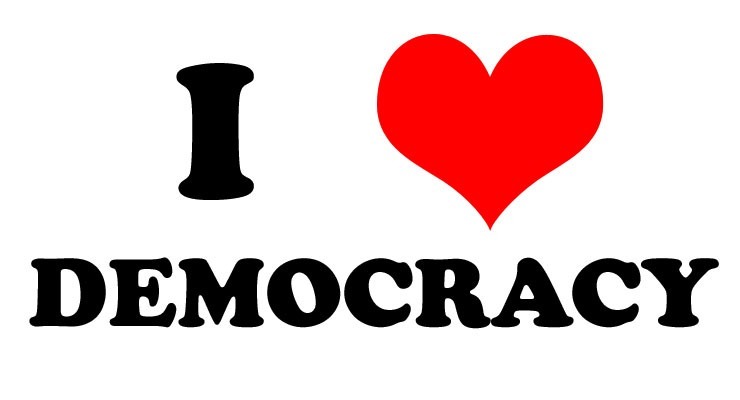
Austrian academics 2014 analysis finds South American democracy progress among year’s successes
Democracy, elections and voting at Democracy Chronicles
Democracy Ranking 2014: New Results
Democracy Ranking measures annually the quality of democracy in global comparison by referring to a broader conceptual understanding of democracy. The Democracy Ranking 2014 compares 112 countries (democracies and semi-democracies) over a period of years 2009-2010 and 2012-2013 (using more than 40 indicators and scales ranging from 1-100). Quality of democracy has progressed worldwide, on average 1.3 score points per country.
The top 10 countries in 2012-2013 are: Norway (87.8), Switzerland (85.9), Sweden (85.8), Finland (85.5), Denmark (84.8), the Netherlands (82.6), New Zealand (81.3), Germany (81.0), Ireland (80.1), and Belgium (79.8). The Nordic countries and Switzerland rank top in world comparison.
The United States ranks at position 16, improved scores from 76.7 to 76.9, with gains in all dimensions, but smaller losses in politics. Furthermore, progress of quality of democracy consolidated by tendency in the member countries of the European Union.
South America realized levels of quality of democracy comparable to Eastern-Central and Southern Europe. Hong Kong (SAR, China) ranks higher on quality of democracy in Asia.
The highest relative democracy progress (Democracy Improvement Ranking 2014) was achieved in: Tunisia (+14.4), Niger (+8.1), Cote d’Ivoire (+6.4), Guinea (+6.0), Senegal (+5.1), Egypt (+4.8), Georgia (+4.8), Zambia (+4.3), Thailand (+3.9), and Kenya (+3.7). Of the “Arab Spring” countries, prospects for democracy are the best in Tunisia. Tunisia stabilized its path toward more democracy. A dynamic momentum of relative progress of quality of democracy has been achieved particularly by countries in Sub-Saharan Africa, where improvements are also manifest in development of society.
Leave a Reply